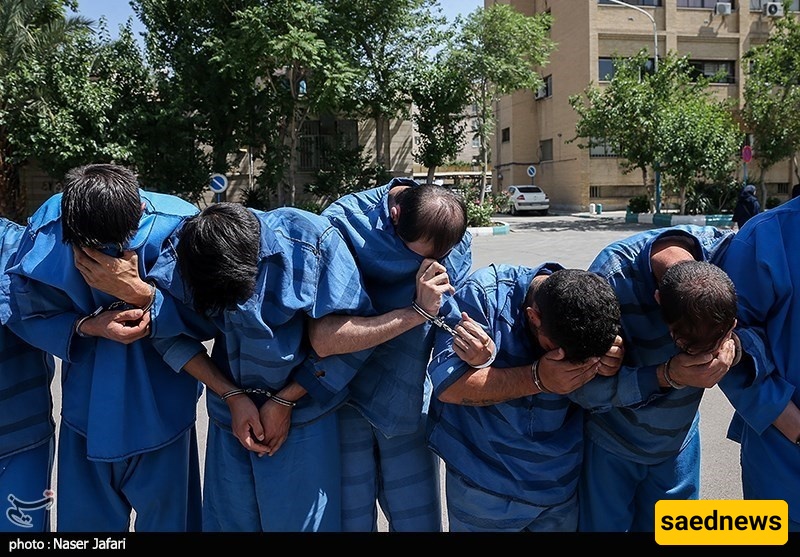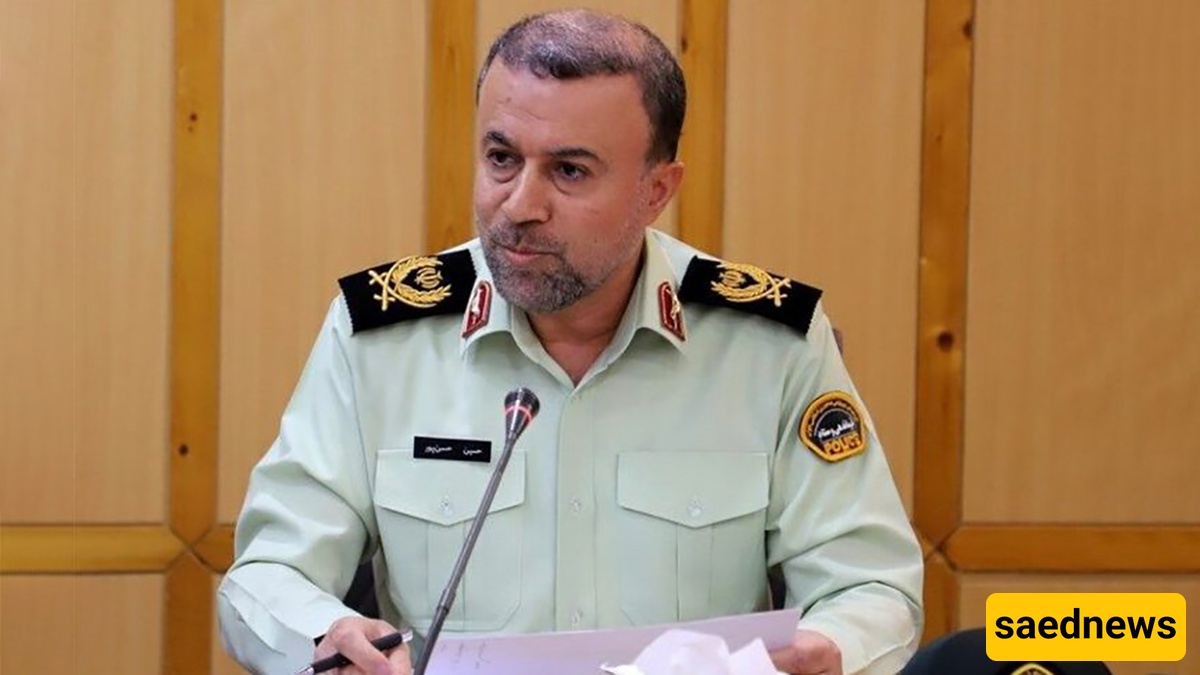SAEDNEWS: Amid rising regional tensions, Iran arrests 36 alleged Israeli collaborators in Gilan and uncovers a cache of explosives, drones, and surveillance gear.

According to SAEDNEWS, Iran’s internal security apparatus has moved decisively in the northern province of Gilan, detaining 36 individuals accused of espionage and sabotage on behalf of Israel, following the latter’s deepening military engagement with the United States in strikes on Iranian nuclear facilities.
The announcement, delivered by Brigadier-General Hossein Hasanpour, commander of Gilan’s law enforcement, comes in the wake of a widening shadow war between Iran and its regional foes. The alleged operatives, authorities claim, were involved in a coordinated campaign of surveillance, psychological disruption, and physical sabotage—including the construction of improvised explosive devices, the use of microdrones to monitor sensitive military sites, and the dissemination of anti-state propaganda.

In what appears to be one of the largest domestic intelligence operations since hostilities escalated in mid-June, security forces also seized a trove of equipment:
50 explosive charges, primed and ready
Four crude bombs
One unmanned aerial vehicle, allegedly used for military reconnaissance
Two Starlink receivers, devices that facilitate off-grid communication
20 industrial batteries, 15 communications devices, and a host of unauthorised electronics
While Israel has long been accused by Iranian officials of covert action inside the country—ranging from cyberattacks to targeted assassinations—the scale and scope of the arrests suggest a deeper infrastructure of espionage than previously disclosed. The government has framed this as evidence of foreign-backed attempts to destabilise the republic from within, casting the detainees not merely as saboteurs but as participants in a broader campaign of hybrid warfare.
Authorities have placed particular emphasis on the role of information warfare, accusing the suspects of working to “distort public perception” and “undermine national morale”. Though few details have been made public, Iranian officials claim the group was tasked with filming military installations, fomenting unrest, and transmitting sensitive data to foreign handlers. The presence of Starlink terminals—tools increasingly used by dissident networks—points to efforts at information exfiltration independent of the national grid.
General Hasanpour praised the cooperation of local residents, urging continued vigilance and collaboration with law enforcement. The episode serves as a warning of the growing permeability of Iran’s internal security landscape in an age of decentralised surveillance and asymmetric warfare.

Iran has yet to provide concrete evidence linking the arrested individuals to the Israeli state. Nor has it clarified whether the group was managed directly by Mossad or operated through third-party intermediaries. Still, the move fits within Tehran’s broader strategic narrative—that the Islamic Republic is under siege not only by external aggression but also through domestic infiltration and psychological subversion.

